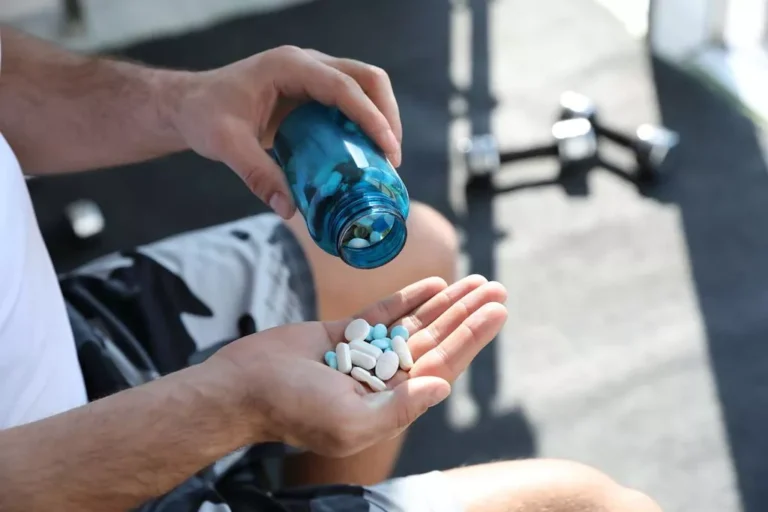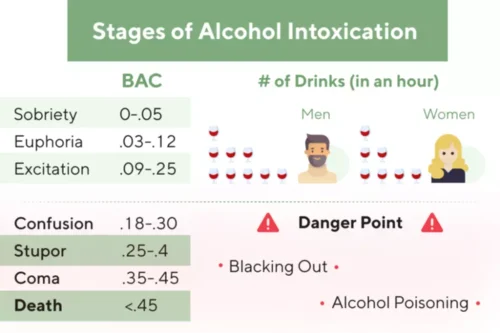
By prioritizing a well-balanced diet, individuals can address nutritional deficiencies and support their body’s healing process. Adequate intake of essential vitamins, minerals, and other nutrients not only promotes physical health but also has a positive impact on mental why do alcoholics crave sugar well-being. Regular alcohol consumption can lead to tolerance and dependence on sugar, as alcohol contains significant amounts of sugar. When individuals in recovery from alcohol abuse put down the bottle, they may find themselves experiencing cravings for sugar instead.

Types of Holistic Health Practices

This malnutrition may cause individuals in recovery to develop a preference for sweet foods. Alcohol increases insulin secretion and prevents the liver from releasing glucose, making heavy drinkers susceptible to hypoglycemia. As a result, individuals in recovery from alcohol abuse may experience cravings for sugar, as they become tolerant to sugar due to their alcohol intake.
Nutritional Deficiencies

There are plenty of science-backed reasons to give up drinking for a bit, which is why many people participate in Dry January. Research has shown temporary abstinence from alcohol can reset your health meter and may even support long-term well-being1. Keeping the benefits in mind might not make the journey any easier, though. Just as an alcoholic might binge on alcohol, then experience withdrawal symptoms and cravings, a similar cycle can occur with sugar. A person may consume large amounts of sugar, experience a withdrawal period when trying to cut back, and then have intense cravings for more sugar.
What Does the Term “Gateway Drug” Mean?
Well, for one, alcohol has a very high sugar content, says Dr. Weiss, so on some level, your abstinence might result in sugar withdrawal, which can in turn result in literal sugar cravings. I’d realized that it had been dampening my mental health, and I was tired of the incessant anxiety and mood swings that came along with drinking. I hoped that pursuing a sober lifestyle—cutting out my cocktails and wine—would help. In fact, an article on SFGate’s Healthy Eating [2] page suggests that candy could increase cravings when misused.
This can significantly aid in the recovery process and help to prevent potential relapses. When a person with AUD stops consuming alcohol, their brain may seek other sources of dopamine stimulation. Given that sugar intake can trigger dopamine release, it is common for recovering alcoholics to turn to sugary foods to satisfy this craving. Thus, the sugar cravings experienced by many in recovery from alcohol addiction are not random, but rather a direct result of the complex neurochemical reactions triggered by alcohol consumption. Intermittent, excessive sugar intake can lead to behaviors similar to drug addiction. Focusing on restoring physical health through proper nutrition is crucial for individuals in alcohol recovery.
Sugar Consumption Patterns in Alcohol Recovery
The liver, responsible for managing blood sugar levels, becomes occupied with removing alcohol from the bloodstream instead of regulating glucose. This can lead to both high and dangerously low blood sugar levels [1]. In addition to dietary changes, engaging in regular physical activity and practicing stress-management techniques can further support recovery and https://ecosoberhouse.com/ reduce sugar cravings. Prioritizing a holistic approach to recovery, including nutrition, can provide individuals with the tools they need to manage sugar cravings and maintain overall well-being. I see many people quit the booze, but then pick up another addition- sugar, cigarettes, caffeine, social media, sex, shopping, gambling, codependent relationships.
- Unveil state policies, coverage variability, and treatment options.
- Delve into understanding protracted withdrawal symptoms, their causes, management, and support options.
- If you find yourself experiencing weight gain after sobriety, do not immediately turn to drugs or alcohol as a quick fix.
- It is crucial to prioritize low-sugar and nutrient-dense foods to support recovery and overall well-being.
By examining the complex interplay of biological, psychological, and behavioral factors, we can gain a comprehensive understanding of why sugar cravings often arise during the recovery process. By finding a balance between addressing sugar cravings and maintaining overall health, individuals in recovery can manage their sugar intake effectively. It’s important to remember that everyone’s journey is unique, and what works for one person may not work for another.
- Seeking support from healthcare professionals, counselors, or support groups can provide valuable guidance and assistance in managing sugar cravings.
- This suggests that as one reduces their alcohol intake, there might be a corresponding increase in the consumption of sugary substances.
- From coast to coast, map out the centers that can help you overcome addiction.
- People with AUD may turn to sugar as a coping mechanism to manage stress, regulate emotions, or fill the void left by alcohol [3].
- The routine of reaching for a drink has been ingrained in their daily life, leading to a desire for a substitute behavior.